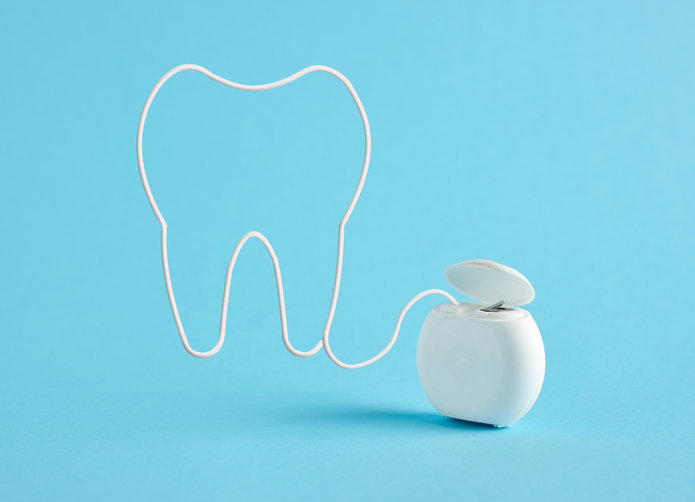
Dental flossing could help minimize stroke risk

Using dental floss regularly could reduce the risk of stroke.
In the study, the preliminary findings of which were presented at the American Stroke Association International Stroke Conference 2025, researchers asked 6,278 participants without a history of stroke to complete a structured questionnaire regarding their oral health behaviors.
The researchers noted that 65% of the respondents reported regular dental flossing. After a follow-up of 25 years, they identified 1,291 cases of atrial fibrillation as well as 434 incidents of stroke. The researchers discovered that compared with those who didn’t floss, the participants who did floss were 22% less likely to experience ischemic stroke, 44% less likely to experience cardioembolic stroke and 12% less likely to experience atrial fibrillation. However, regular dental flossing did not appear to decrease the risk of thrombotic stroke or lacunar stroke. The findings were independent of their brushing habits or adherence to regular dental visits. In addition, the frequency of dental flossing had an inverse correlation with the risk of stroke.
The researchers hypothesized that since dental flossing is also linked to a reduced risk of dental caries and periodontitis, the practice could help mitigate inflammation. They concluded that if further studies confirm their findings, oral health practices such as dental flossing may be incorporated into the Life’s Essential 8 risk factors. Life’s Essential 8 are the key measures for improving and maintaining cardiovascular health, as defined by the American Heart Association.
Read more: ISC 2025
The article presented here is intended to inform you about the broader media perspective on dentistry, regardless of its alignment with the ADA's stance. It is important to note that publication of an article does not imply the ADA's endorsement, agreement, or promotion of its content.